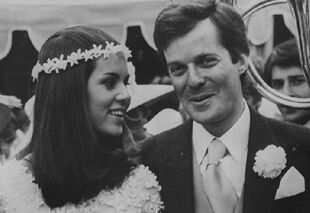罗斯柴尔德的王朝传承
|
In recent years, critics of capitalism complained that Goldman Sachs alumni ran too many governments and central banks. Now they can return to an older target. Emmanuel Macron’s rise to become president of France is a reminder that Rothschild is still going strong after 200 years. The dynasty no longer wields the power it did in the 19th century. But among boutique investment banks, its shares have performed almost as well as US rivals Moelis and Evercore since 2012, the year Rothschild brought together its French and British holding companies under one roof. Maintaining that momentum will be the job of Alexandre de Rothschild. He takes over from his father David as chairman of Rothschild & Co later this year, in banking’s most telegraphed succession.
Three-fifths of profit comes from the global advisory franchise, where Mr Macron once plied his trade. It is already the sixth-biggest adviser by number of deals, but is conspicuously underweight in the US. Expanding there means competing with bulge-bracket rivals and boutiques on their own turf — challenging for a group that tends to hire individuals rather than expensively poaching whole teams. Rothschild also wants to reduce its dependence on profitable but cyclical advisory work. It has two other divisions. Merchant banking is growing but small, with revenues just over a tenth of the advisory business. Wealth and asset management is potentially lucrative; the group is targeting a 20 per cent operating margin by 2020, compared with under 7 per cent now. But it is on the small side too, with assets of just 67bn. Franco-German Oddo BHF and the mid-sized Swiss private banks have over 100bn each. So too does Edmond de Rothschild, the Swiss-listed company chaired by Mr de Rothschild’s cousin. The two groups own small stakes in each other. But past disputes suggest the obvious course of action — combining the two — could take ages. Family control can foster inertia as well as longevity. No wonder the impatient Mr Macron went into politics. |









